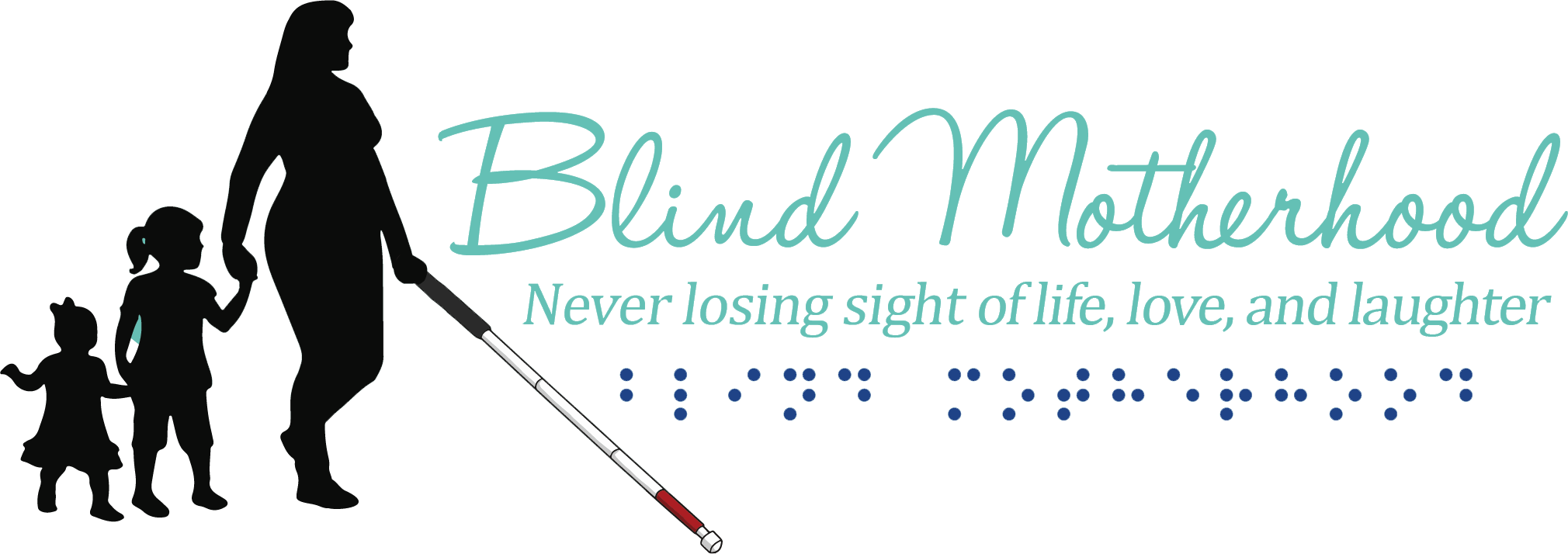In speaking to His disciples about a coming time of great destruction, Jesus mentioned what happened to Lot’s wife and the destruction of Sodom and Gomorrah. “Remember Lot’s wife!” He said. “Whoever tries to keep their life will lose it, and whoever loses their life will preserve it” (Luke 17:32–33).
The story of Lot and his wife is found in Genesis 19. God had determined to destroy Sodom and Gomorrah for their wickedness (Genesis 18:16–33), and two angels warned Abraham’s nephew, Lot, to evacuate the city so he and his family would not be destroyed. At dawn the next day, the angels hurried Lot and his family out of Sodom so they would not be destroyed with the city. When Lot hesitated, “the men grasped his hand and the hands of his wife and of his two daughters and led them safely out of the city, for the LORD was merciful to them. As soon as they had brought them out, one of them said, ‘Flee for your lives! Don’t look back, and don’t stop anywhere in the plain! Flee to the mountains or you will be swept away!’” (Genesis 19:16–17).
As the family fled, “the Lord rained down burning sulfur on Sodom and Gomorrah—from the Lord out of the heavens” (Genesis 19:24). But, then, in disobedience to the angel’s command, “Lot’s wife looked back, and she became a pillar of salt” (verse 26). Lot’s wife lost her life because she “looked back.” This was more than just a glance over the shoulder; it was a look of longing that indicated reluctance to leave or a desire to return. In Judaism, Lot’s wife became a symbol for a rebellious unbeliever.
The Fear of Becoming a Pillar of Salt
When I was a child, my mother used to say I was a “very nosy, busy body.” I would listen to adult conversations and very often have an opinion about what I was hearing. I remember seeing a biblical movie that depicted Lot’s wife turning into a pillar of salt. It frightened me and my mother took the opportunity to tell me, “See what being nosy will get you.” For weeks every time I turned around, she would ask me, “Do you want to turn into a pillar of salt?” She may have thought she was just being funny, but she was scaring the daylights out of me.
For my entire life, my mother and I were like oil and water. We never got along. She never understood me, nor I her. She would always tell me I was “too observant” and that I “felt things too deeply.” I think it made her feel uncomfortable. The day I turned 18, I left her home and never went back. When I had my own children, I tried to be more understanding and forgiving of her behavior and treatment towards me. She was always good to my children and ironically they adored her.
My mother passed away two years ago. She died at the age of 63 from a massive stroke. I went to her bedside when she was on life support and said my peace. At her funeral, a woman she worked with approached me and told me that she knew things had always been difficult between my mother and me. I was shocked my mother had confided in a co-worker. She told me that while my mother never said it directly to me; she was very proud of all my accomplishments.
Praying Not to Look Back
Sometimes, when I feel the urge to look back on my relationship with my mother; I stop myself. I prevent myself from revisiting the past and the trauma. In some ways, I am like Lot’s wife looking back on Sodom and Gomorrah. I regret not having a mother who better understood me and loved me the way I needed to be loved. Deep down I know if I dwell on this, I will become that pillar of salt, because I believe God wants me to look forward and let things go. It’s a hard task and I pray every day for the strength to keep going.










